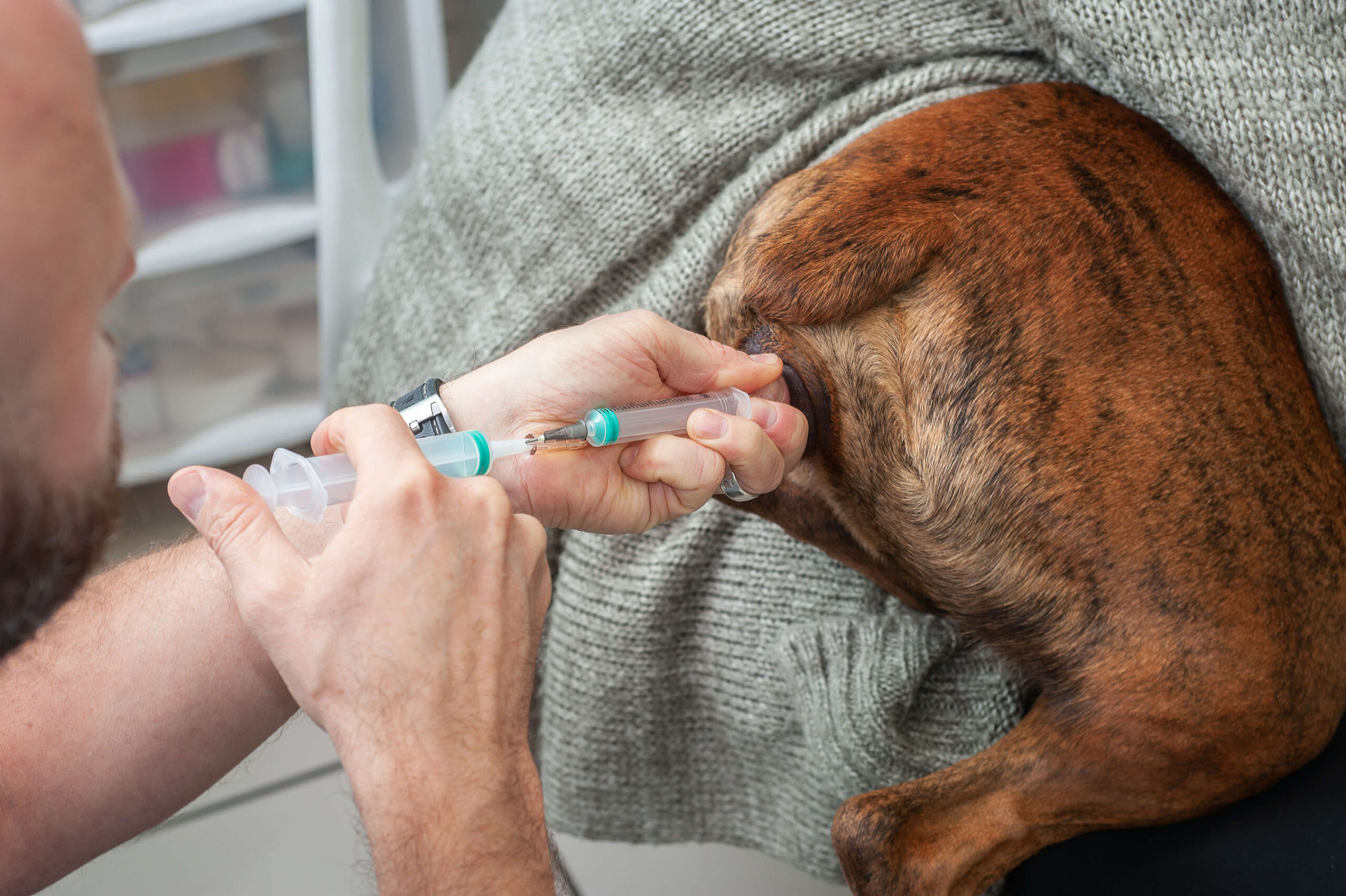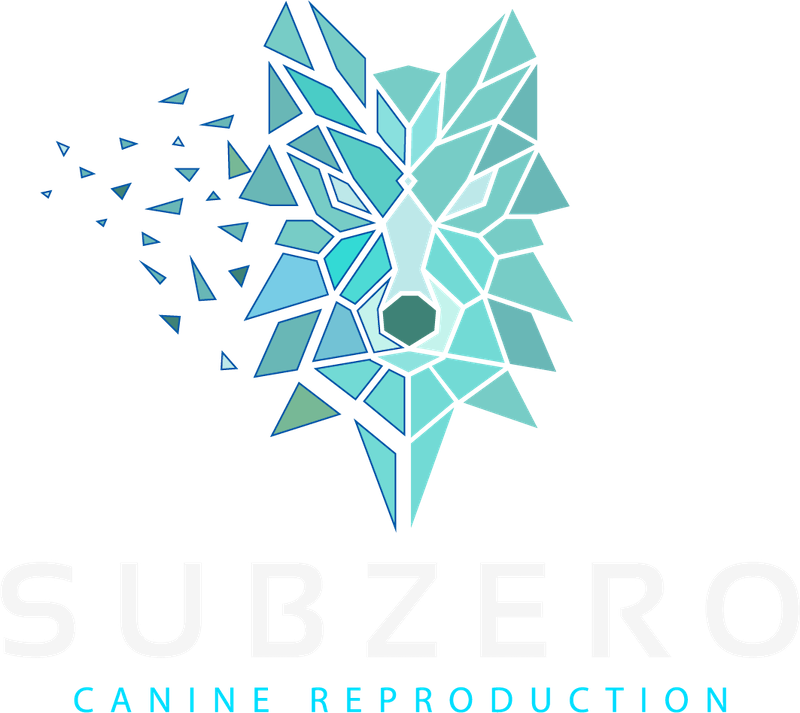
Safe and Effective Artificial Insemination for Dogs
Artificial insemination (AI) for dogs is a valuable reproductive technique that can ensure successful breeding and preserving the diverse genetics of various dog breeds. Proper semen evaluation and artificial insemination techniques are crucial for a successful outcome.
The Importance of Artificial Insemination for Dogs
Artificial insemination plays a pivotal role in dog breeding, particularly in cases where natural breeding may not be feasible or efficient. Artificial insemination allows dog breeders to access and maintain superior genetics from stud dogs in other locations, as well as prevent the spread of hereditary diseases.
Semen Evaluation: Ensuring Quality Sperm
Before proceeding with artificial insemination, semen evaluation is essential. A licensed veterinarian conducting this evaluation ensures only healthy sperm is used for the procedure, maximizing the chances of a successful pregnancy.
Proper AI Technique: Ensuring Safe and Successful Insemination
The AI technique must be carried out with precision and care to avoid potential complications. There are two primary methods of artificial insemination:
- Vaginal Insemination: This technique involves depositing the evaluated semen directly into the female dog’s vagina, near the cervix, during her heat period. Vaginal insemination is commonly used in many dog breeds and is relatively straightforward.
- Transcervical Insemination (TCI): TCI is a more advanced technique that requires specialized training and equipment. In this method, a flexible endoscope is used to pass through the cervix, allowing the direct deposit of semen into the uterus. TCI is especially beneficial for dogs with physical challenges or when vaginal insemination is not successful. At Subzero, we confidently offer transcervical insemination when using frozen canine semen. Learn more about our canine semen freezing and storage services.
Potential Risks of Unsupervised AI Attempts
Performing artificial insemination for dogs without proper training and expertise can lead to severe consequences for the female and her ability to breed. Some potential risks include:
- Injury to the Female Dog: Incorrect insemination techniques can cause injury to the female’s reproductive tract, leading to pain, infections, and long-term complications.
- Infertility: Improper handling of semen or incorrect timing during the estrus cycle can result in a failed pregnancy or infertility.
- Transmission of Diseases: Unscreened semen may carry infectious diseases, leading to the transmission of pathogens to the female dog.
The Role of Licensed Veterinary Professionals
To ensure the safety and success of artificial insemination of your dog, it is crucial to have a licensed veterinary professional experienced in canine reproductive medicine perform the procedure accurately and safely.
Artificial insemination for dogs is an invaluable tool for responsible breeders aiming to improve their canine lines while maintaining genetic diversity. Proper semen evaluation and AI techniques are essential to achieve successful outcomes.
To avoid potential risks and complications, always seek the assistance of a licensed veterinary professional for artificial insemination procedures. By doing so, you can ensure the health and well-being of your female dog and maximize the chances of a successful breeding experience. Remember, responsible breeding contributes to the welfare of our beloved canine companions and the overall improvement of dog breeds. Contact our experts to learn more about the artificial insemination process.
